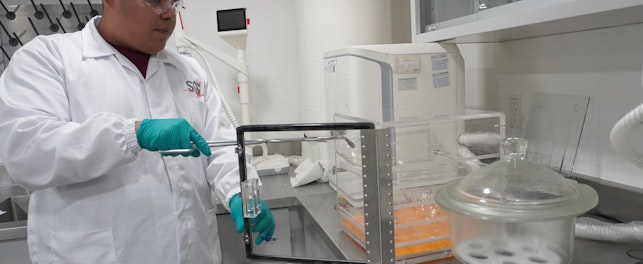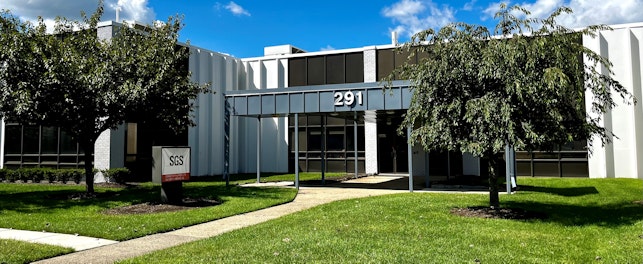It seems like a new skincare product is launched onto the market almost every day. They often arrive packaged with a celebrity endorsement and claims that using the product will reduce the appearance of lines and wrinkles. To market a skincare product to the US, these claims must be substantiated.
The market for skincare products is growing rapidly. It is estimated the global market will be worth USD 189.3 billion by 2025.i In the US in 2018, total sales of facial skincare products were estimated at USD 62.3 billion, with total revenue for all skincare products at around USD 17.78 billion.ii
Consumers expect many things from the products they put on their skin. Firstly, they expect them to be safe and not contain harmful ingredients.iii Secondly, as we wrote about in the last edition of Consumer Compact, they are concerned about sensitivity and skin tolerance. Finally, they want the product to perform in the way it has been sold to them.
Can My Skincare Product Make Me Look Younger?
Many skincare products are sold with the promise that it will make the user look younger or more youthful. The question is, when a consumer sees these claims on television, can they trust them?
In truth, the product may well work as it has been advertised on television or in a magazine. Most companies will conduct clinical trials before they launch the product to ensure it achieves the advertised effect.
The primary study technique used by the industry is photoaging. The testing facility will design a customized trial that reviews the specific claims being made for the product. For example, if the manufacturer wants to make claims relating to products ability to reduce the appearance of fine lines and wrinkles, the independent testing laboratory will create an eight to twelve-week study that monitors improvements to the facial skin of females aged between 35 and 68 years. These test subjects will start the trial with visible signs of mild to moderate facial lines and wrinkles.
These studies are conducted with the same scientific rigor as drug trials, although in the US these studies will often not include a placebo group. In Europe, it is common to include a placebo or untreated group within the trial for reference.
As the trial progresses, a PhD or MD trained in dermatology will evaluate or grade participants to assess the effectiveness of the product at various predetermined stages. Trained clinicians will use bio-instrumentation to take objective measurements of improvements in hydration, firmness, texture and wrinkle reduction. In addition, trial participants will be asked for their opinion of the product and its performance.
At the end of the trial period, a final report is written that contains a full evaluation of the effectiveness of the product, backed by evidence. This report is then submitted to the standards departments in media companies and to standards attorneys for their evaluation that the claims have been substantiated.
For consumers, this means that when they see their favorite celebrity endorsing a particular skincare product, they can be sure the product has undergone robust testing to prove the claims being made.
Clinical Testing in the US
SGS offers a wide range of performance and claim support services to the cosmetic and personal care industry. In a competitive market, it is wise for manufacturers to be able to differentiate their product from the competition. Using both laboratory testing and consumer panels, SGS helps them evaluate their products against the competition and gives them valuable insights into consumer opinion and product positioning.
Related Services
Learn more about SGS Performance and Claim Support Services for the Cosmetics and Personal Care Industry.
For more information, please contact:
Thomas J. Stephens, Ph.D
Vice President
SGS Stephens
t: +1 (972) 392-1529
REFERENCES:
i https://www.statista.com/statistics/254612/global-skin-care-market-size/
ii https://www.statista.com/topics/4517/us-skin-care-market/
iii https://www.businessinsider.com/dangerous-chemicals-in-beauty-products-makeup-list-2019-6?r=US&IR=T



